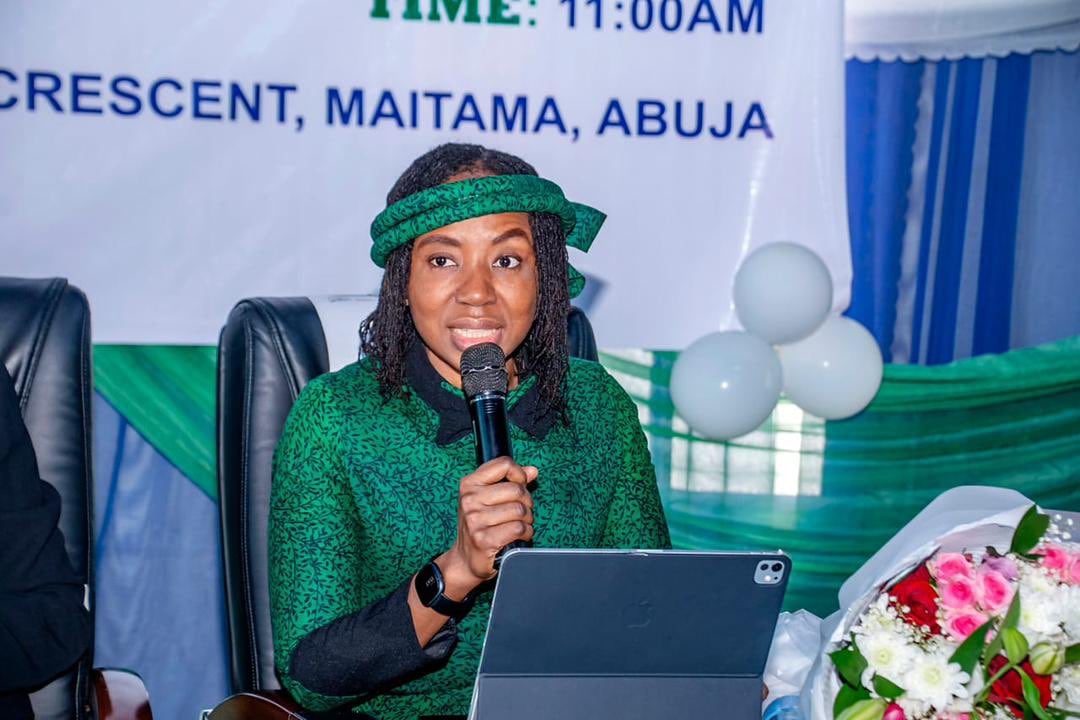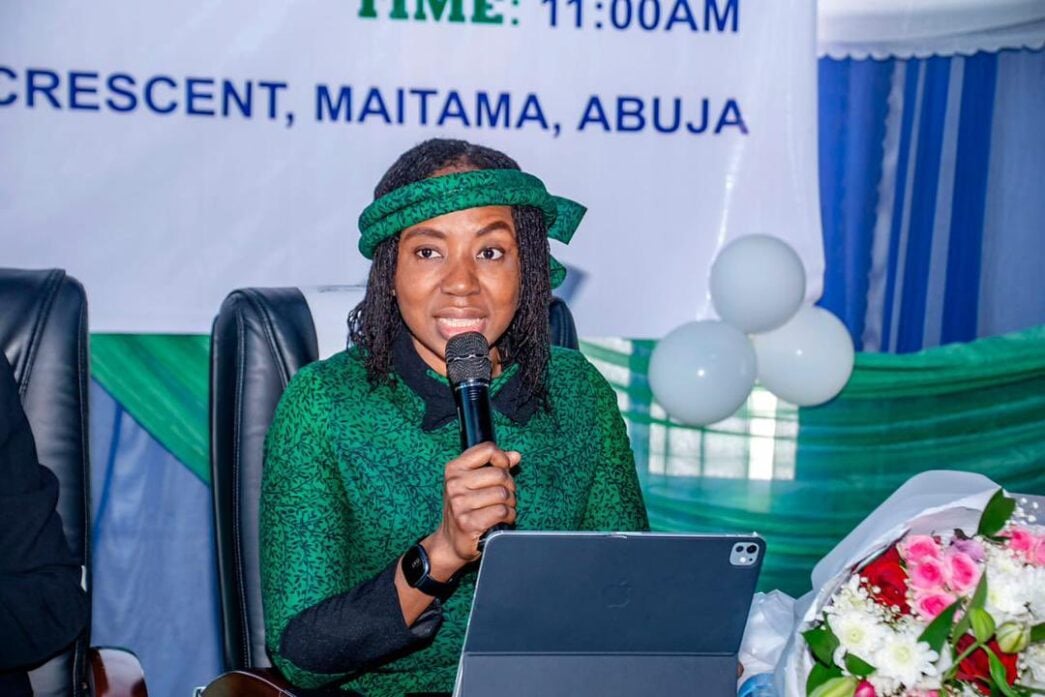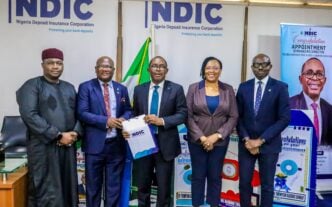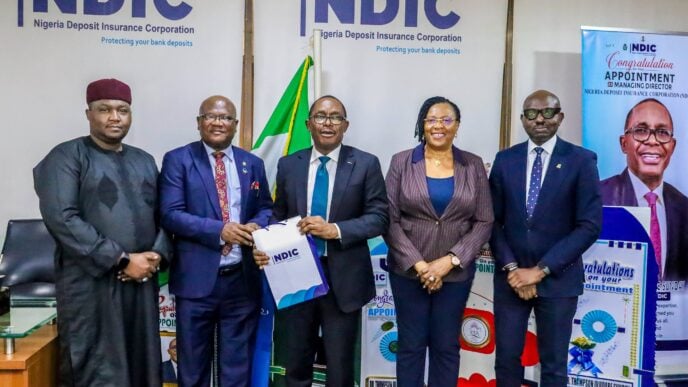Omolola Oloworaran, PenCom director-general.
The National Pension Commission (PenCom) says while significant gains have been recorded over the past 20 years, challenges persist in the pension industry.
Omolola Oloworaran, PenCom director-general (DG), spoke at a sensitisation workshop on the contributory pension scheme (CPS) for the judges of the national industrial court of Nigeria (NICN).
Speaking on Wednesday in Abuja, the PenCom DG said the challenges exist in the area of accrued pension rights, delayed remittances, and transition issues affecting some judicial officers.
Oloworaran, represented by Bello Malabu, PenCom’s acting commissioner of administration, reaffirmed the commission’s commitment to strengthening collaboration with the judiciary for effective pension administration.
Advertisement
Commenting on the event, the DG said the engagement provided a platform to deepen understanding and clarify concerns between the judiciary and the pension industry.
“Through the intervention of President Bola Tinubu, the Federal Government now pays retirement benefits of Treasury-funded Ministries, Departments, and Agencies (MDAs) when due,” she said.
“The commission has opened discussions with the National Judicial Council (NJC) to resolve pending issues relating to accrued benefits of some judges who transitioned into the CPS before their elevation to the Bench.”
Advertisement
Oloworaran assured that the challenges would be handled fairly and transparently, while commending the objectivity with which judges have handled pension-related cases.
The DG noted that continuous judicial education on pension law and policy is essential for deepening jurisprudence and improving adjudication in pension matters.
She introduced the personal pension plan (PPP), a rebranded voluntary pension product designed to provide greater flexibility and inclusiveness for professionals, self-employed persons, and individuals in non-traditional employment arrangements.
“The PPP is designed to cater for individuals who may not be covered under the mandatory scheme, including professionals, self-employed persons, individuals in non-traditional employment arrangements, and those seeking to make voluntary contributions,” she said.
Advertisement
“We earnestly urge all Justices and Judges of all Superior Courts in Nigeria who are exempted from the CPS to consider participating in the PPP as a means of enhancing your retirement security and that of your dependents.”
The DG assured that the welfare of legal professionals is paramount as custodians of justice, adding that PenCom remains steadfast in its commitment to ensuring that the objective is fully realised.
PENCOM UNVEILS FIRST VOLUME OF PENSION LAW REPORT
At the event, Oloworaran was said to have unveiled the first volume of the pension law report, a compendium of landmark judgments on pension matters delivered by the NICN.
The DG lauded Benedict Kanyip, president of the NICN, for his support in facilitating the publication and promoting sound pension jurisprudence in Nigeria.
Advertisement
On his part, Kanyip called for a reassessment of political pensions and severance packages, citing inconsistency with social justice and public service principles.
“It is not morally right to pay an elected public officer or political appointee pension and gratuity for holding such an office for three to eight years,” the NICN president said.
Advertisement
“Any law that provides for the payment of pension and gratuity to such office holders lacks moral justification, promotes social injustice, and cannot be democratic.”
Kanyip said challenges like non-remittance of contributions, poor enforcement, inadequate coverage, and delays in benefit payments have resulted in only about 10 percent of Nigeria’s working population being covered by formal pension schemes.
Advertisement
To ensure sustainability, he said PenCom needs to tighten compliance mechanisms, impose stricter penalties on defaulting employers, and explore the use of digital systems to improve transparency and payment efficiency.
Kanyip said the CPS remains a crucial framework for protecting Nigerian workers’ post-employment rights, but noted that it requires constant adaptation to remain fair and effective.
Advertisement










